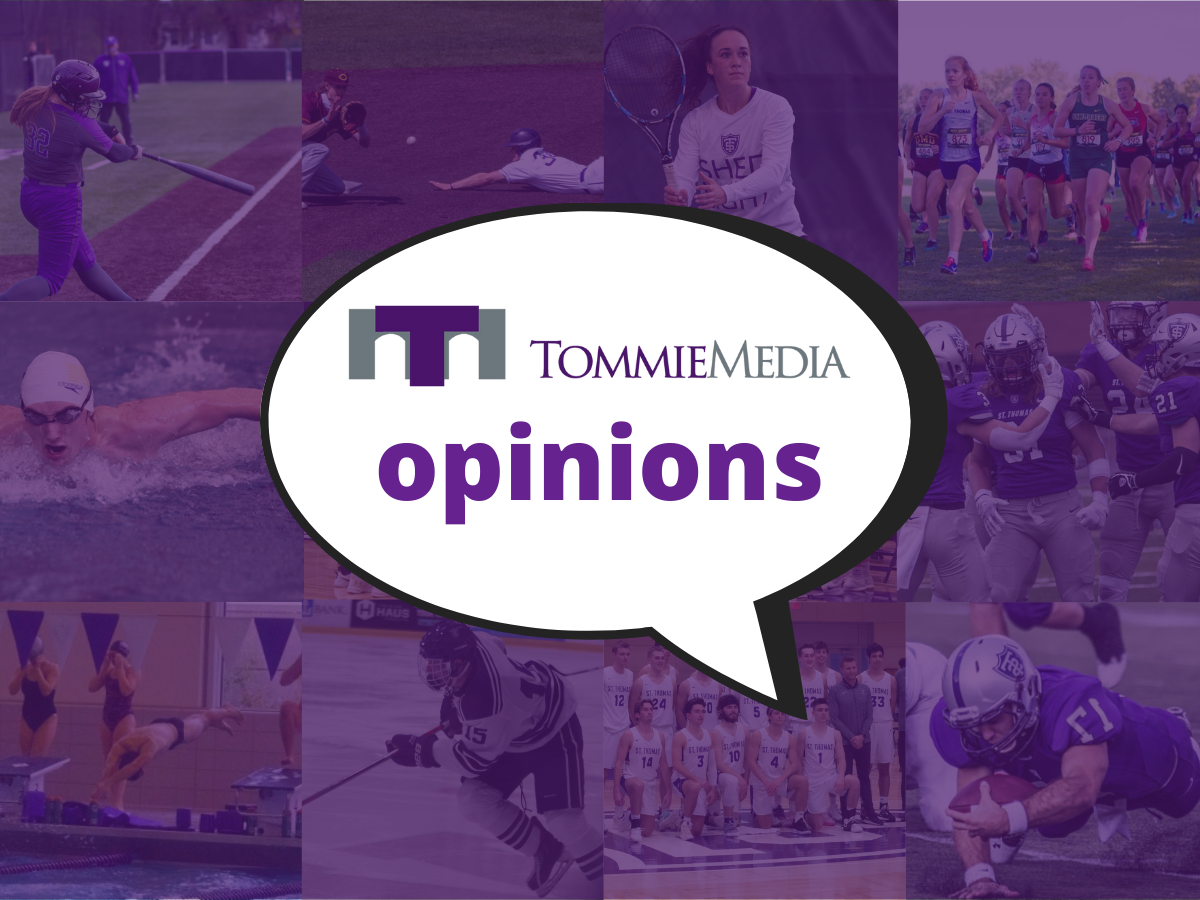
Simone Biles withdrew from the women’s Olympic gymnastics team final competition on July 27 and later explained that she chose to focus on her mental health instead of competing, which many viewers did not agree with. Many claimed Biles’ behavior was “selfish,” “a shame to the country,” and “immature.”
Biles is arguably one of the most notable athletes of our generation and an inspiration to many young male and female gymnasts and, to put it lightly, all eyes were on her during the 2020 Olympic Games.
This was not the first time that Biles has competed at the highest stage of athletics, but there was something different about these Olympics as compared to her breakout 2016 Olympics.
Now, she is a veteran Olympian with the expectation to win medals.
After competing in the vault portion of the team finals, Biles withdrew from competition on the morning of July 27 and explained in a press conference that she had the “twisties” and would be taking a step back to focus on herself. CBS News defines the “twisties” as “a state of disassociation that prevents athletes from successfully completing a skill, which can lead to serious injury.”
When Biles withdrew, I remember so many outpourings of support and kindness toward her from many different people. However, I also remember the scathing remarks, negative jokes and overall skepticism by some.
For context, here are a few comments that I read on Biles’ July 27 Instagram post.
“Imagine quitting on ur team for ur own selfish needs…. Everyone goes through stuff,” one said.
“You giving up on your team is a disservice to them. They fought for you but the ‘stress’ was too much for you,” another read.
“There are thousands of athletes that may not have your talent, but they have grit and would never quit on their team. Nothing ‘brave’ about putting yourself first above your team,” another commenter wrote.
As a life-long athlete, the third comment really irritates me. In a world where healthy mental health practices have been stigmatized for as long as I can remember, someone telling Biles that she is not brave for putting her mental health above the world’s expectations sounds pretty backwards to me.
In reality, withdrawing from the Olympics to focus on her mental health was one of the bravest things she could have ever done.
It started a conversation. She reignited the dialogue about athlete mental health and well-being that has desperately needed someone as world-renowned as herself to bring back to the forefront of people’s minds.
Another major proponent for this cause has been Japanese professional tennis player Naomi Osaka, who has been outspoken about taking time away from tennis and the media to focus on her struggles with depression and anxiety.
Despite Osaka’s usual willingness to talk to the media, she received major backlash when she decided not to attend a press conference to focus on herself. Osaka explained that her unwillingness to talk to the press came from the extreme anxiety that she feels during question and answer portions of press conferences, not her hatred for the media.
“I communicated that I wanted to skip press conferences at Roland Garros to exercise self-care and preservation of my mental health. I stand by that. Athletes are humans,” Osaka wrote in an article published in Time Magazine.
This year, Osaka took a three month hiatus from tennis after she broke into tears during a post-match press conference.Like Biles’ withdrawal from the Tokyo Olympics, this is one of the bravest things Osaka could have done.
“Sending an athlete back into competition with a serious injury or concussion has become taboo, because of what we know about the potential ill effects of stressing an already damaged joint or brain. But that transition hasn’t yet happened for mental health,” stated an article by Kara Gavin, a Research and Policy Media Relations Manager at the University of Michigan.
The article goes on to explain that athletes like Biles and Osaka have slowly begun decreasing the stigma around mental health.
“Their public choice to seek help for depression, anxiety, overwhelming stress and other concerns could help athletes at all levels have the courage to seek professional help, and break from competition if they need it,” the article said.
University of Michigan mental health experts who work with athletes have already seen a growing acceptance of self-care on mental health awareness due to Biles and Osaka’s influence.
It’s clear that there are many people, and experts, on Biles and Osaka’s side who agree that taking a step back from competition to focus on one’s mental health is acceptable, but it is evident that not everyone feels this way.
The negative comments on Biles’ Instagram show that there’s still a long way to go in raising mental health awareness, decreasing the stigma around it and increasing overall acceptance. The more famous people that speak out publicly about mental health, the more traction it will gain.
One small spark can start an entire forest fire, and athletes like Biles and Osaka are the tiny embers that I hope can continue to set the whole world on fire.
Cam Kauffman can be reached at kauf8536@stthomas.edu.



